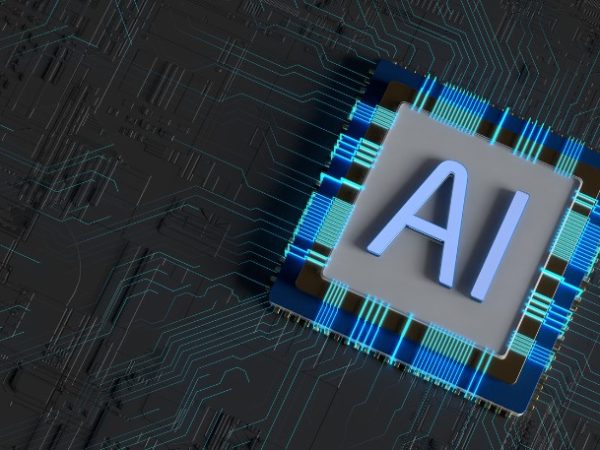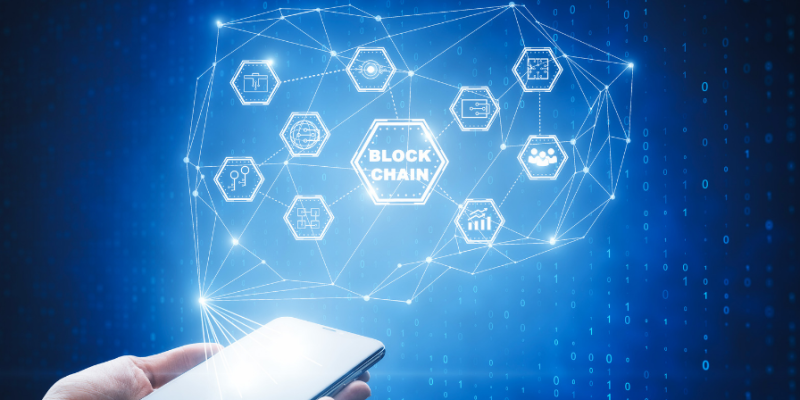
How to Learn Blockchain?
Blockchain technology is becoming increasingly popular and its applications are growing more diverse. As a result, there is a growing demand for individuals with blockchain skills. However, learning blockchain can be daunting for those with no prior technical experience. This article briefly introduces blockchain technology and explains how to learn blockchain for those without prior technical knowledge.
What Can You Do With Blockchain?
If you’re looking to learn about blockchain, a variety of resources are available online. However, knowing where to start or what you can actually do with blockchain can be difficult once you’ve learned about it.
Here are some ideas for things you can do with blockchain,
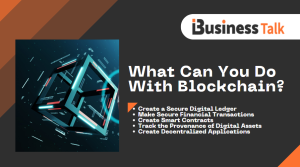
1. Use it to create a secure digital ledger.
2. Use it to make secure financial transactions.
3. Use it to create smart contracts.
4. Use it to track the provenance of digital assets.
5. Use it to create decentralized applications (dapps).
How to Learn Blockchain for Free?
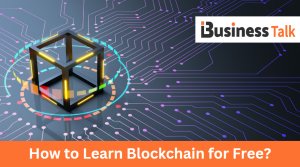
The internet is full of free resources if you know where to look. For blockchain, a good place to start is the Bitcoin subreddit. There, you’ll find links to white papers, explainers, and other resources that will help you get up to speed.
Another great resource is Blockgeeks. They offer a variety of free courses on blockchain and cryptocurrency topics. Their courses are comprehensive and easy to follow, making them a great option for those starting out.
Of course, plenty of paid resources are available if you’re willing to invest in your education. Websites like Udemy and Lynda offer courses on blockchain development, while websites like Crypto Hustle offer newsletters and other paid content that can keep you up-to-date on the latest industry news.
How to Learn Blockchain Reddit?
If you’re looking to learn about blockchain, one of the best places to start is Reddit. Several blockchain-related subreddits can help you get started, including /r/bitcoin, /r/ethereum, /r/altcoin, and /r/cryptocurrency.
Each of these subreddits has a wealth of information and discussion on all things blockchain. In addition, there are also many helpful users who are always happy to answer questions and help newbies get started. So if you’re unsure where to begin, head over to Reddit and start exploring!
How Long Does It Take to Learn Blockchain?
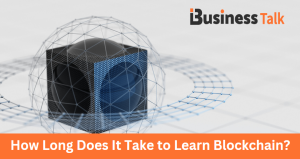
It depends on your level of commitment and expertise. It could take a couple of weeks for a beginner to understand blockchain technology. However, it could take months or even years for someone who wants to become an expert. There is a lot of material to cover, and the field is constantly evolving. But with dedication and hard work, anyone can learn blockchain.
Once you have a basic understanding of blockchain, you can start exploring specific projects and use cases that interest you. For example, if you’re interested in finance, you can check out projects like Hyperledger Fabric or Corda. If you’re interested in supply chain management, you can explore projects like VeChain or Waltonchain. And if you’re interested in healthcare, you can look into projects like Medicalchain or Solve.Care.
Of course, there are many other blockchain projects out there, so feel free to explore and find ones that interest you. The best way to learn about blockchain is to get your hands dirty and experiment with it yourself. So go ahead and start learning!
The Different Types of Blockchain
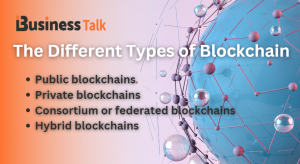
There are many different types of blockchain technology out there, and it can be tough to keep track of all the different terms and acronyms. Here’s a quick rundown of some of the most common types of blockchain:
Public blockchains: Public blockchains are permissionless, meaning anyone can join and participate in the network. Bitcoin and Ethereum are examples of public blockchains.
Private blockchains: Private blockchains are permissioned, meaning that only invited participants can access and view the data on the network. Private blockchains are often used by enterprises and small businesses that need to maintain control over their data.
Consortium or federated blockchains: Consortium or federated blockchains are similar to private blockchains, but instead of being controlled by a single entity, they’re governed by a group of entities. This type of blockchain is often used in industries where multiple parties need to collaborate, such as banking or healthcare.
Hybrid blockchains: Hybrid blockchains are a mix of public and private blockchains, giving enterprises the benefits of both types of networks. For example, a hybrid blockchain could have a public component for recording transactions that need to be public, such as financial transactions, and a private
How to Become a Blockchain Developer?
If you’re looking to become a full-time or part-time blockchain developer, there are a few things you need to know. First and foremost, blockchain is a distributed database that allows for secure, transparent and tamper-proof recordkeeping. Secondly, blockchain is still in its early stages of development, so developers need to be comfortable with change and have the willingness to learn new technologies as they emerge.
That said, here are five tips on how to become a blockchain developer,
1. Familiarize yourself with the basics of blockchain technology.
2. Stay up to date on the latest developments in blockchain.
3. Join an online or offline community of blockchain developers.
4. Use available resources to learn about smart contract development, testnets and mainnets.
5. Don’t be afraid to experiment with different blockchain platforms.
Conclusion
Overall, blockchain is a powerful tool that can be used to streamline processes and increase transparency. If you’re interested in learning more about blockchain, there are a few key resources you should check out. First, consider attending a conference or meetup related to the topic. Second, take some time to read one of the many excellent books on the subject. Finally, make sure to stay up-to-date with the latest news and developments in the space by following industry-leading publications. With these steps in mind, you’ll be well on your way to becoming a blockchain expert in no time!



